
Coaching
A professional and experienced coach can guide you through the trying times in life and help you find your purpose, cheer you on in pursuit of your dreams and goals, and hold you accountable. See more…

Career Counseling
The process of career counseling can be summed up in three areas of awareness: 1) self-awareness, 2) awareness of current opportunities, and 3) awareness of future possibilities. See more...
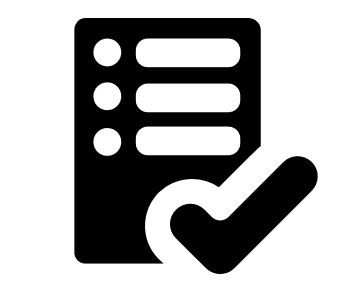
Career Assessment
Completing assessments can help useful in helping to explore and determine suitable careers. A complete series of assessments include evaluating personality, interests, values and skills. See more…
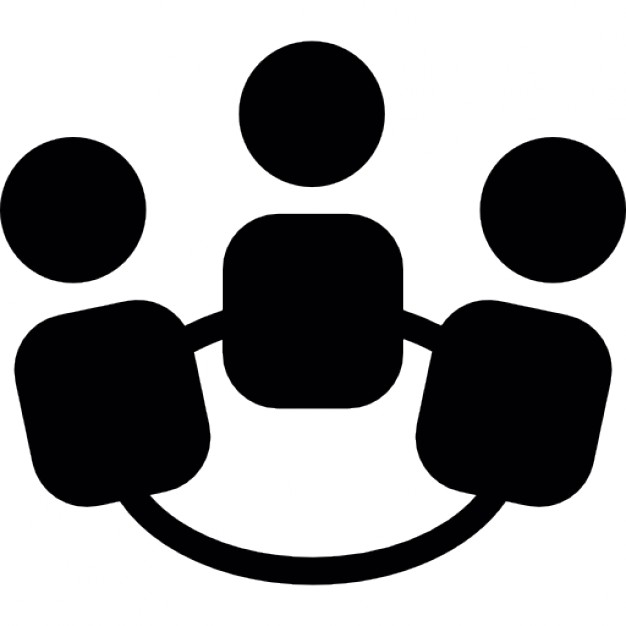
Small Group Facilitating and Team Building
A facilitator can ensure that everyone involved in a process participates; this helps create a meaningful dialogue and results in a more effective and collaborative experience for everyone. See more…
Coaching:
In The Road Less Traveled M. Scott Peck he wrote, “Life is difficult”. This is one of my favorite quotes because it is so relatable.
Peck goes on to say once we accept this fact, then we can transcend it. This is why coaching is so valuable. A professional and experienced coach can guide you through the trying times in life and help you find your purpose, cheer you on in pursuit of your dreams and goals, and will hold you accountable.
Coaching is a proactive process and personalized based on an individual’s needs. It is not to be used as a substitute for psychological therapy.
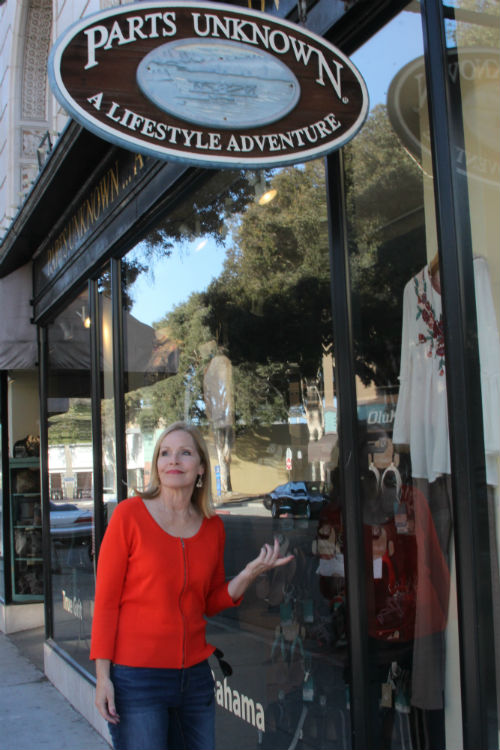
Career Counseling:
The process of career counseling can be summed up in three areas of awareness: 1) self-awareness, 2) awareness of current opportunities, and 3) awareness of future possibilities.
1) SELF-AWARENESS: The first stage of career counseling is self-awareness. Below are a series of questions that can be asked and answered to help you become more self-aware.
Who am I?
What is my purpose?
Who and what influences me?
What do I find interesting?
What is important to me?
Who do I admire and why?
What is my personality like and how does it affect my life choices?
What do I enjoy doing, and what knowledge or skill is required to do this?
What are my financial considerations?
What is an ideal and realistic timeline for achieving my career/life goals?
What can I envision myself doing?
2) AWARENESS of CURRENT OPPORTUNITIES: The second stage of career counseling is to gain an awareness of current opportunities. Below are a series of questions that need to be asked and answered to help you become more aware of current opportunities.
What can I do? Specifically, what skills do I currently have that a customer or an employer would be willing to pay for?
What do I know? Specifically, what knowledge do I currently have that a customer or an employer would be willing to pay for?
What do I have? Specifically, do I currently have a product or talent that a customer or an employer would be willing to pay for?
Who do I know and what references do I have?
Do I have a LinkedIn profile and if so, is it up to date?
Do I have a current resume and if so, is it effective at getting me invited to interviews?
Have I identified a series of companies or industries I would like to target?
Have I done research to learn employment requirements?
Have I set aside specific days/times to explore my opportunities?
Who gives me honest feedback to help me evaluate information and opportunities and have I scheduled time to speak with them?
3) AWARENESS OF FUTURE POSSIBILITIES: The final stage of career counseling is to think beyond what you know and more in terms of what you can imagine. Below are a series of questions that need to be asked and answered to help you become more aware of future possibilities.
What needs exist that are not currently being met to serve others?
Where is there a need that is not yet being met?
Why do I believe there is an unmet need?
What can I do to meet a need?
What products are needed to help individuals or organizations?
What needs might be fulfilled with existing technology?
What resources are necessary for me to meet this need and where can I get them?
Who can I consult with to develop a product or service to meet an unmet need?
Am I entrepreneurial?
What do I need to do to start my own business?
Career Assessments:
Completing assessments can help useful in helping to explore and determine suitable careers. A complete series of assessments include evaluating personality, interests, values and skills and interpretation sessions to determine how these align with various career considerations. Assessments may be recommended or taken based on individual needs.
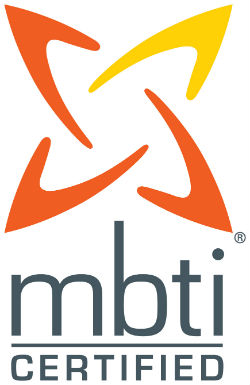
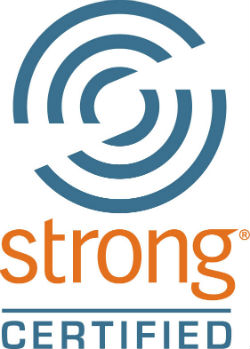
The Myer’s Briggs Type Indicator® (MBTI®). The MBTI® is an assessment tool with more than 70 years of research based on the theory of psychological types by Carl Jung. Isabel Briggs Myers, and her mother, Katharine Briggs developed the MBTI® to make Jung’s theory useful and accessible to individuals and groups. Understanding your preferences is vital to your self-awareness and self-management. Knowing your own preferences can also help you focus on your strengths and better relate to others who have opposing preferences.
The MBTI® Master Practitioner has advanced course work and practical experience that results in a deeper understanding of the MBTI assessment. They are better able to help people:
- Improve communication skills
- Reduce interpersonal conflict
- Mount a successful career search
- Maximize their performance in teams
- Develop a greater understanding of those they care about… and more
The Strong Interest Inventory® (SII®). The SII® assesses a person’s interests and is based on a theory by psychologist John Holland. The SII®: is backed by more than 80 years of research. The research focuses on people of similar interests in similar career areas, which helps people consider potential careers and career paths, as represented on the SII®.
The Knowdell™ Career Values Card Sort. Career expert and author Dick Knowdell developed a series of card sorts in 1977. The values card sort is a fun and easy way to instantly learn what is most important to you as you begin to explore and get clarity as you make a decision about your career path. Assessing values is one of the a significant part of the assessment process, yet commonly neglected.
The Knowdell™ Career Skills Card Sort. Career expert and author Dick Knowdell developed a series of card sorts in 1977. The skills card sort is a fun and easy way to instantly learn which skills you have or do not yet have and which skills you do or do not prefer using. This simple exercise can be very effective to determine the direction of your career and can help you decide what skills you may need or want to develop as you pursue your chosen career. Skills are what typically produces revenue for a business, so it important to be able to identify what skills you have to offer.
Small Group Facilitating in Team Building and Enhancing Cultural Sensitivity:
A facilitator can ensure that everyone involved in a process participates; this helps create a meaningful dialogue and results in a more effective and collaborative experience for everyone. Often, without a professional facilitator, people either dominate or fail to participate in the conversation, which has impact on the outcomes. A good facilitator builds individual trust and team unity. Participants are affirmed when they speak. Everyone is drawn into the conversation. The environment is more tranquil when a facilitator is present who can react to delicate situations with grace and sensitivity. Improved communication is a very effective method of building a more cohesive team.
